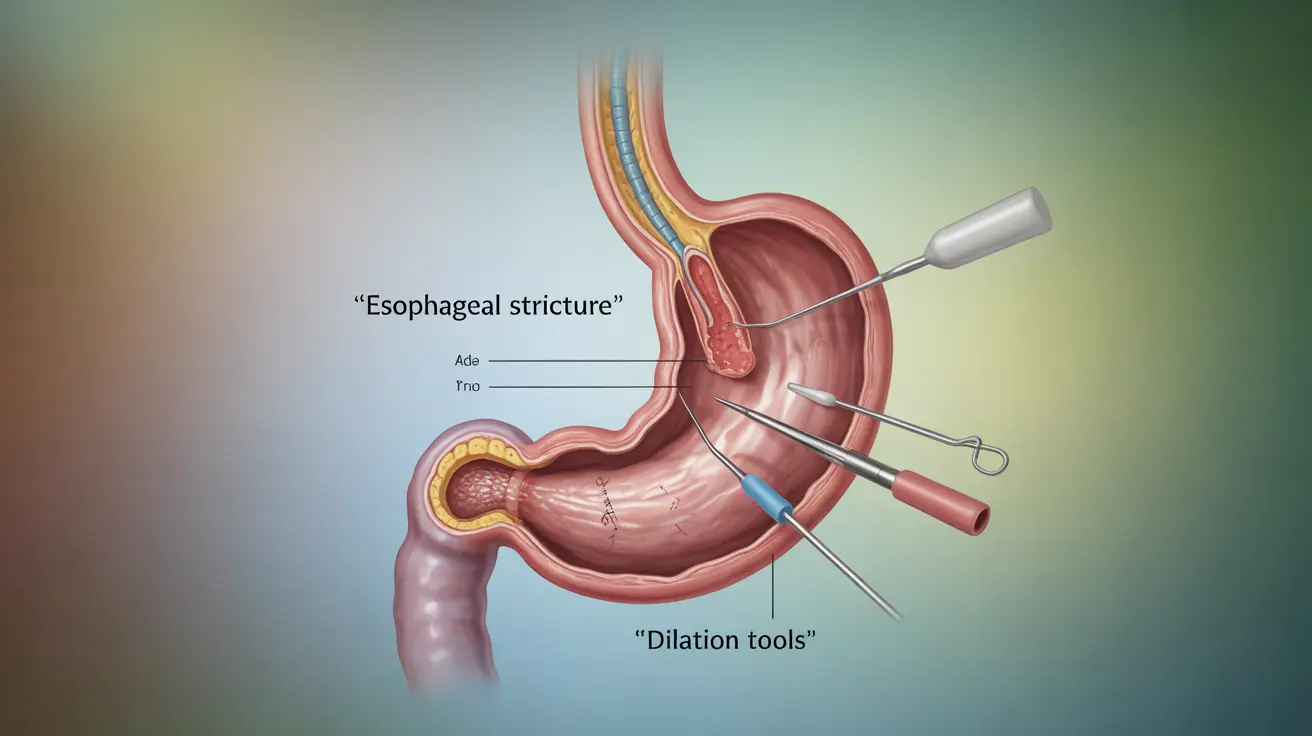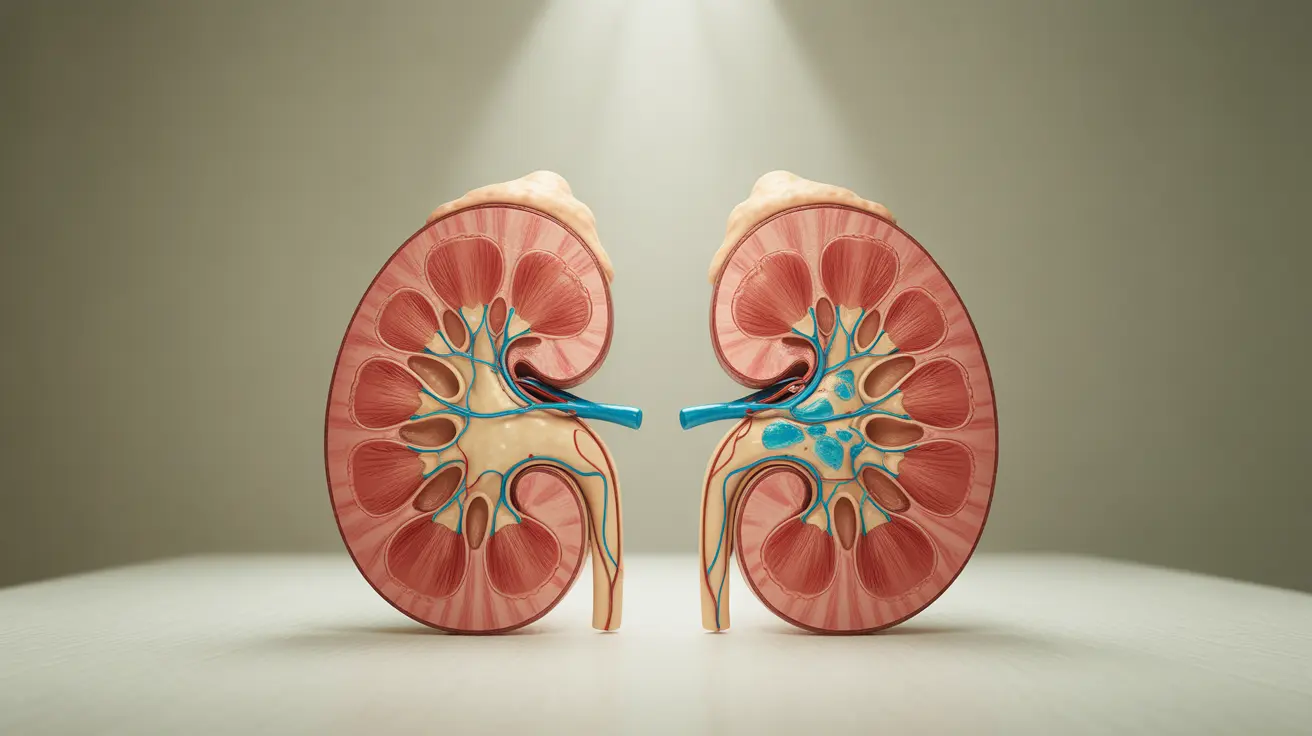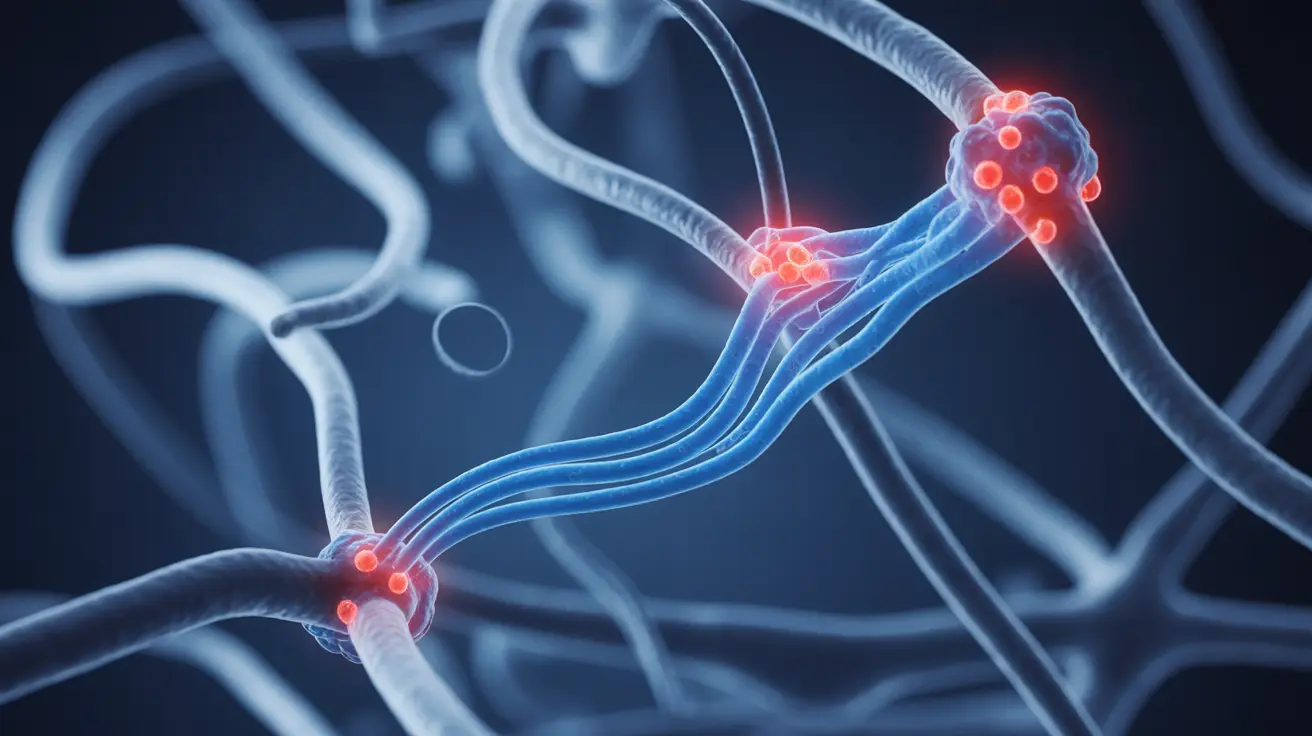Living with both irritable bowel syndrome (IBS) and anxiety can be challenging, as these conditions often interconnect and worsen each other. Understanding the role of anxiety medication in managing IBS symptoms is crucial for finding effective relief. This comprehensive guide explores the various medication options that can help address both conditions simultaneously.
Recent research has shown that certain medications traditionally used for anxiety and depression can significantly improve IBS symptoms, offering hope for those struggling with this complex condition. Let's explore the most effective options and how they work to provide relief.
Understanding the Connection Between Anxiety and IBS
The gut-brain connection plays a crucial role in how anxiety affects IBS symptoms. When anxiety levels rise, digestive symptoms often worsen, creating a challenging cycle that can be difficult to break. This relationship makes treating both conditions simultaneously particularly important for achieving optimal results.
Types of Medications That Help Both Conditions
Tricyclic Antidepressants (TCAs)
TCAs have shown remarkable effectiveness in managing both anxiety and IBS symptoms. These medications work by:
- Reducing pain perception in the gut
- Slowing down intestinal movement
- Helping to regulate anxiety levels
- Improving sleep quality
Common TCAs prescribed for IBS include amitriptyline and desipramine, typically at lower doses than those used for depression treatment.
Selective Serotonin Reuptake Inhibitors (SSRIs)
SSRIs can be particularly beneficial for patients with constipation-predominant IBS (IBS-C) and concurrent anxiety. These medications:
- Help regulate mood and reduce anxiety
- May improve gut motility
- Can reduce abdominal pain
- Often have fewer side effects than TCAs
Choosing the Right Medication
Several factors influence the selection of anxiety medication for IBS treatment:
- Predominant IBS symptoms (diarrhea vs. constipation)
- Severity of anxiety symptoms
- Previous medication responses
- Individual medical history
- Potential side effects
Treatment Approaches and Considerations
Success in treating IBS with anxiety medications often requires:
- Starting with low doses and gradually increasing as needed
- Regular monitoring of both IBS and anxiety symptoms
- Combining medication with lifestyle modifications
- Working closely with healthcare providers to adjust treatment plans
Lifestyle Support Measures
To maximize the benefits of anxiety medication for IBS, consider incorporating:
- Stress management techniques
- Regular exercise
- Dietary modifications
- Sleep hygiene practices
- Mindfulness or meditation
Frequently Asked Questions
What are the benefits of using antidepressants like TCAs and SSRIs for managing IBS symptoms?
Antidepressants like TCAs and SSRIs can help reduce abdominal pain, improve bowel habits, and decrease anxiety symptoms. They work by modulating pain signals, regulating gut motility, and balancing neurotransmitters that affect both mood and digestive function.
How do antidepressants affect gastrointestinal motility and pain in irritable bowel syndrome?
Antidepressants influence the gut-brain axis by altering neurotransmitter levels, which can help reduce pain sensitivity and regulate bowel movements. TCAs typically slow gut motility, while SSRIs may increase it, making medication choice important based on IBS subtype.
What is the role of amitriptyline in treating IBS symptoms, and what are its side effects?
Amitriptyline is particularly effective for IBS-D (diarrhea-predominant IBS) due to its ability to slow gut motility and reduce pain. Common side effects may include dry mouth, drowsiness, and constipation, though these often improve with time or dose adjustment.
Can SSRIs be effective for IBS symptoms, especially in cases of constipation-predominant IBS?
Yes, SSRIs can be particularly beneficial for constipation-predominant IBS as they tend to increase gut motility while also addressing anxiety symptoms. They generally have fewer side effects than TCAs and can improve overall quality of life.
How do healthcare providers decide which type of antidepressant to prescribe for IBS, considering factors like anxiety and symptom severity?
Healthcare providers consider multiple factors including the predominant IBS symptoms (diarrhea vs. constipation), severity of anxiety, patient's medical history, potential drug interactions, and previous medication responses. They often start with lower doses and adjust based on individual response and tolerability.




